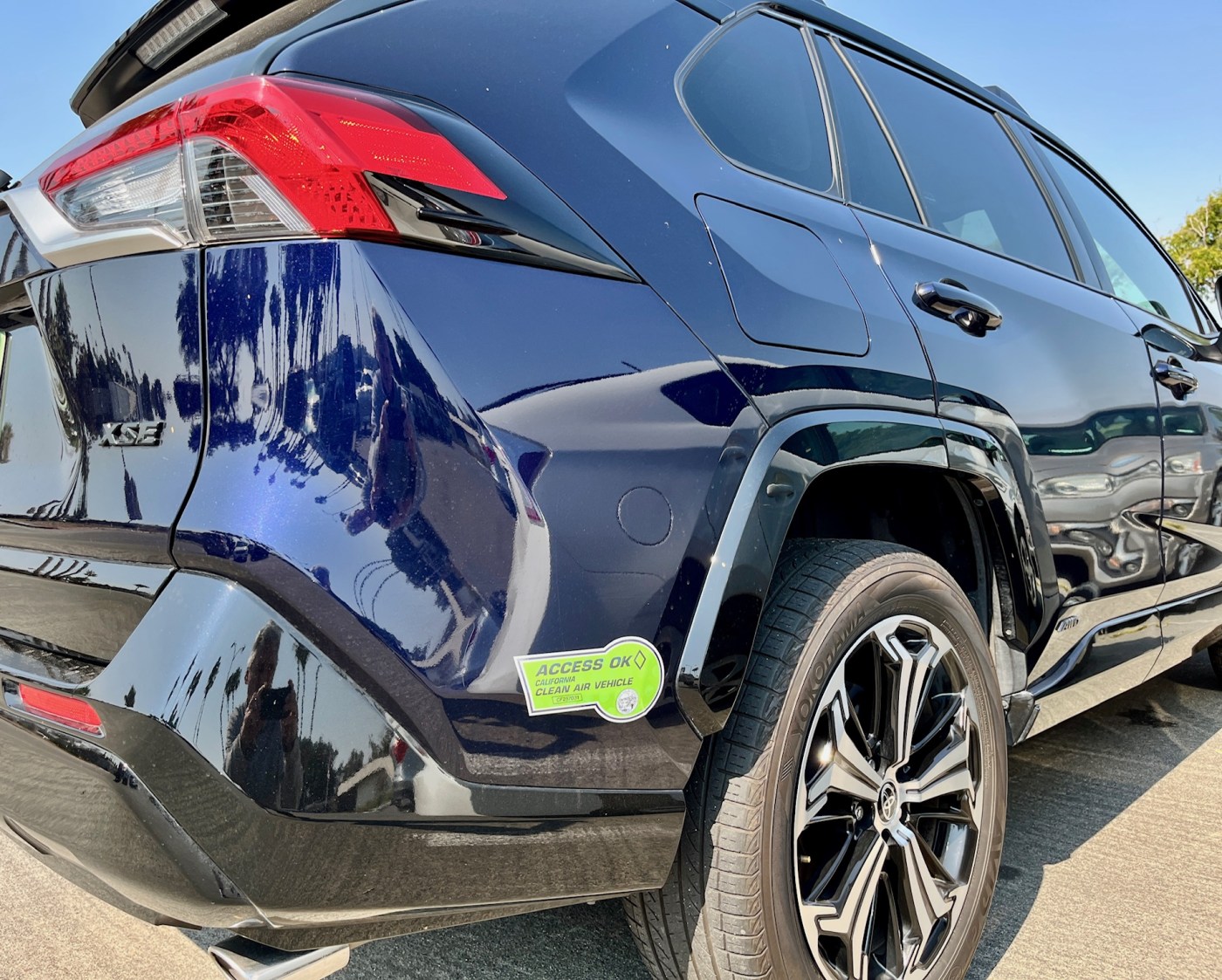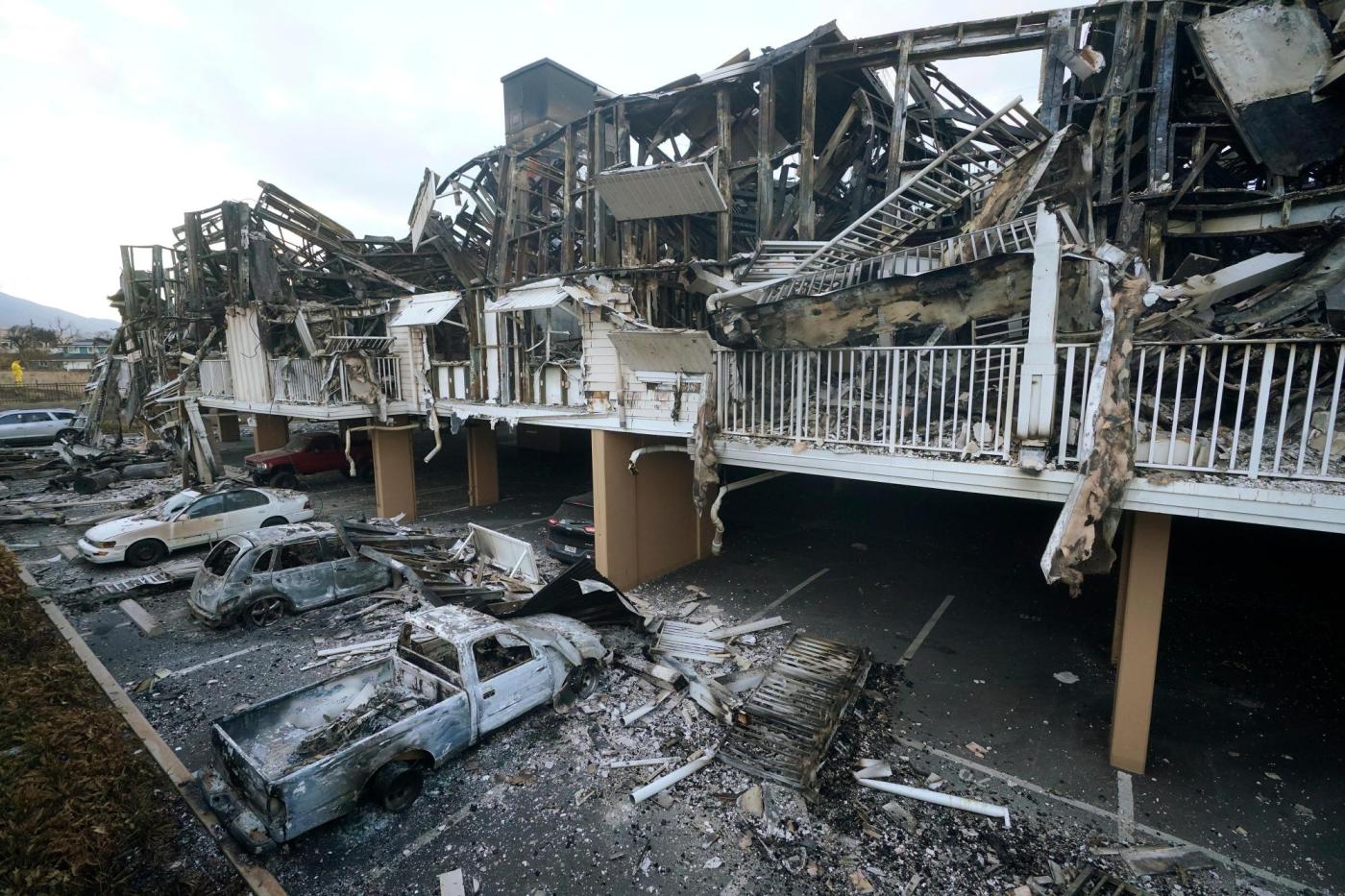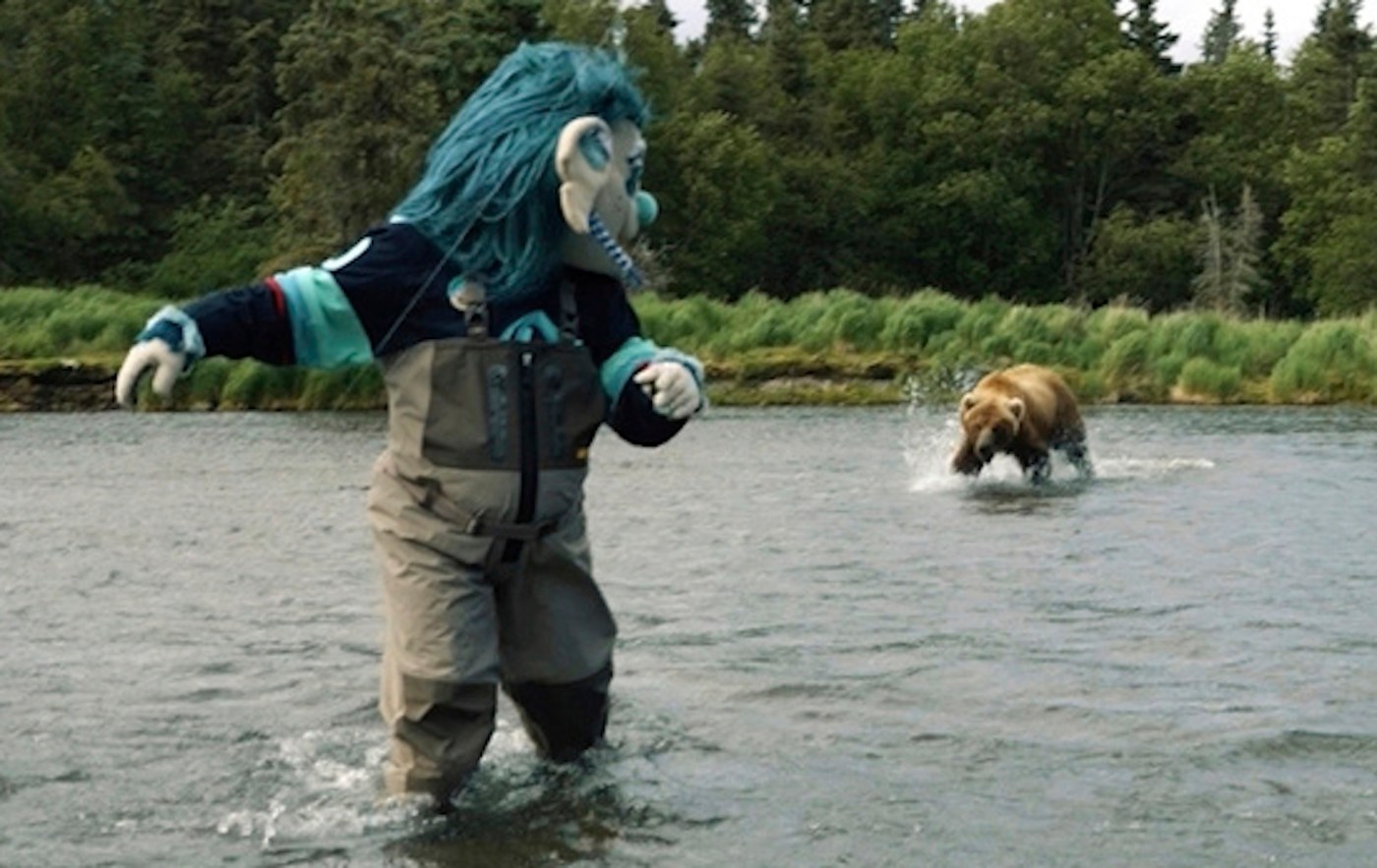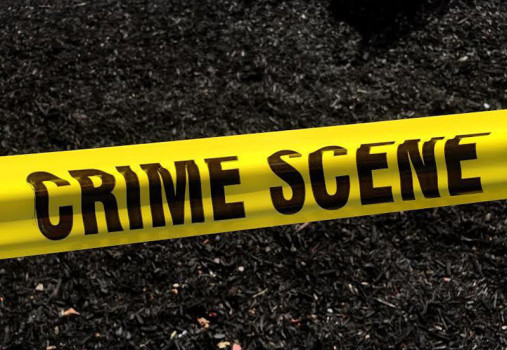Unless lawmakers on Capitol Hill move quickly, one of the most desired perks of driving a zero-emissions vehicle in California will be put on the shelf by the end of next month.
RELATED: Electric vehicle sales in California sputter
For years, motorists with stickers on their cars through the state’s Clean Air Vehicle Decal program have been allowed to drive in the carpool, or High Occupancy Vehicle (HOV), lane when traveling alone.
Given the frustrating amount of traffic that often clogs California freeways, the program has been used as an incentive for people to buy electric vehicles, plug-in hybrids and hydrogen fuel cell cars. It’s estimated that 465,000 vehicles across the state have active decals attached to them.
According to the U.S. Department of Energy, 13 other states have similar incentives in place.
States need authorization from the U.S. government to establish those programs and keep them in place because federal dollars flow into the highway system.
Here’s the problem: The authorization is set to expire at midnight on Sept. 30.
“We are working with several federal legislators to try to extend the program,” said Curt Augustine, senior director for state affairs at the Alliance for Automotive Innovation, a trade group for the U.S. auto industry. “But it will require legislation and will need to be passed by both houses of Congress and signed by the president for that to happen.”
Can all that be done in time?
Vehicles used the HOV lane on Interstate 805 in Chula Vista. The federal law that allows California’s electric vehicles to use the high-occupancy vehicle lane without passengers is set to expire, spelling a likely end to a popular incentive amid broader attacks on EV-friendly policies by the Trump administration. (Nelvin C. Cepeda / The San Diego Union-Tribune)
“It is possible,” Augustine said. “We’re crossing our fingers. We’ve been working on it for about a year and a half already.”
The decal program “is ENDING,” the California Department of Motor Vehicles website says, and the Clean Air Vehicle stickers “will no longer be valid” as of Oct. 1.
Under a Frequently Asked Questions drop-down, the site says, “While the federal government gives the DMV the authority to create the CAVD program, the state must follow federal regulations that are expiring.”
That means unless something gets done fast in Washington, drivers starting Oct. 1 must “obey the posted vehicle occupancy requirement to travel in the carpool (HOV) lane or risk receiving a citation and fine.”
Augustine said the change is not due to the giant budget bill that recently passed on Capitol Hill with Republican support and signed into law by President Donald Trump.
Dubbed the “One Big Beautiful Bill,” the 940-page legislation included getting rid of the federal tax credit of up to $7,500 on the purchase of electric vehicles, effective Sept. 30.
“This is completely different,” Augustine said, adding that the program’s renewal has been stalled for a couple of years.
“Unfortunately, zero-emissions vehicles have become somewhat politicized in our country and that has hindered some of our efforts to extend this program … It’s a coincidence that it just happened to expire this year,” he said.
Augustine said extending the program cannot be done through a simple directive by a federal agency, such as the U.S. Department of Transportation.
“It is law, so Congress will have to pass it,” he said.
If an extension is not passed in the coming weeks, the programs in California and other states can still be revived later if something eventually clears all the legislative and executive hurdles in Washington.
“If it doesn’t get done by Oct. 1, we are more hopeful that it could get done sometime next year,” Augustine said. “We don’t want a gap in the timing because that’s very confusing to consumers — but having a gap in the program is better than having no program at all.”
Last year in the California Legislature, Assemblymember Greg Wallis, R-Bermuda Dunes, authored Assembly Bill 2678 that extended the decal program through Jan. 1, 2027. It passed both chambers in Sacramento was signed into law by Gov. Gavin Newsom.
But the extension under AB 2678 cannot go into effect until something gets passed on Capitol Hill and signed by President Trump, Augustine, said because “federal law supersedes the state law” in this case.
The California New Car Dealers Association has not taken a formal stance on whether the sticker program should be extended.
“Ideally it would be great if the program could continue …. but it can’t go on forever,” said Brian Maas, the association’s president. “It made sense when the carpool lanes weren’t crowded to also include EVs. But we’re at a place now where 20% of the California market is EVs. So the incentive, frankly, is much less than it used to be.”
In an email to the Union-Tribune, Liane Randolph, chair of the California Air Resources Board, called the Clean Air Vehicle decals “a smart, cost-effective incentive that has played an important role driving the adoption of clean and zero-emission vehicles” in the state.
“But thanks to the federal government’s failure to act, this successful program is coming to an end,” she said. “Despite the Trump administration’s ongoing efforts to undermine progress, California remains committed to moving forward with the global market toward a zero-emission future.”
California leads all states in the sale of zero-emissions vehicles, with more than 2.3 million, according to the most recent numbers from the California Energy Commission.





